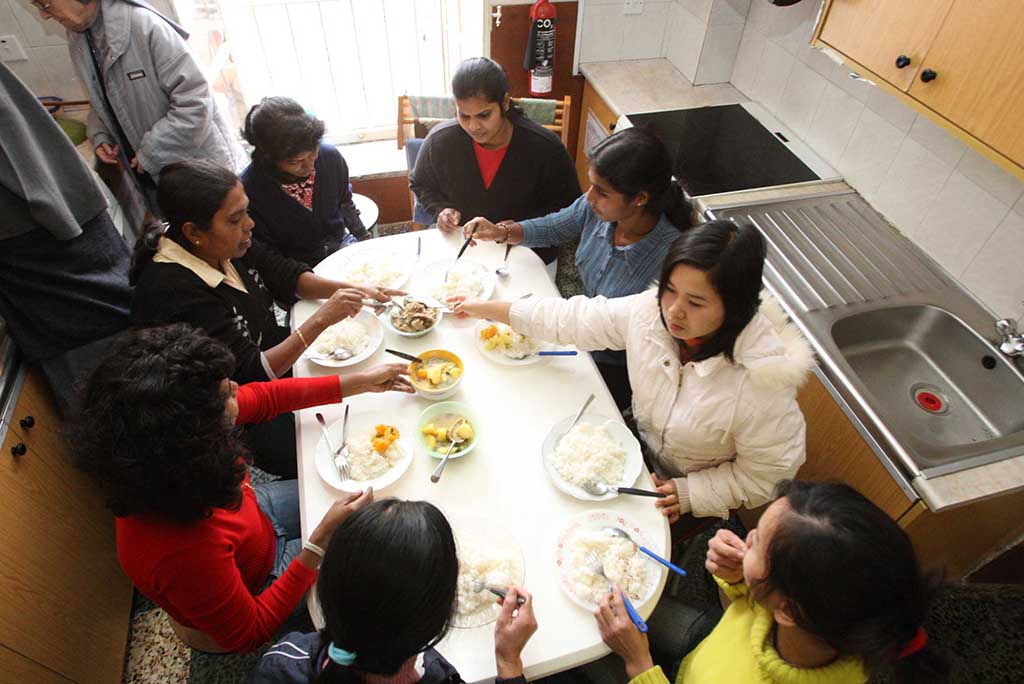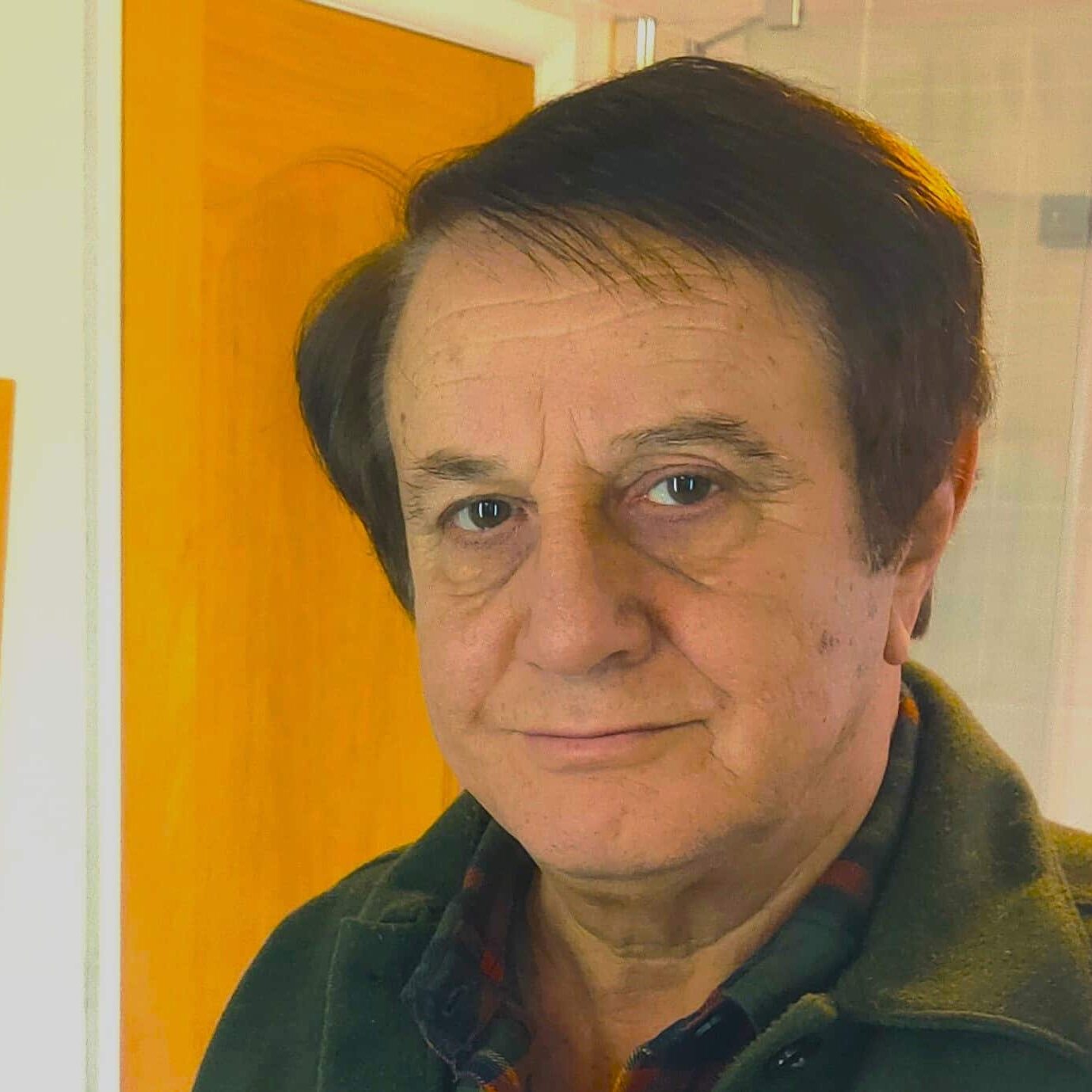But both sides are now multi-cultural and it’s time we realised it
Every year, on “national” days of celebration and remembrance, marked separately in the northern and southern Cyprus, politicians regurgitate dusty old speeches that portray the island as still defined by the 1960 constitutional communities: Greek Cypriots, Turkish Cypriots, Armenians, Maronites and Latins. I have news for them – you are decades out of date.
Today’s Cyprus is far more diverse. In both the north and south, people from dozens of countries have made the island their home. Many are citizens or permanent residents, taxpayers, students, or children born and raised in Cyprus who have never known another country. Yet they remain excluded from political representation, equal rights and a public discourse that still imagines Cyprus as frozen in 1960.
In the south, Eurostat data from early 2023 shows that foreign nationals made up 19.9 per cent of the population – 10.1 per cent from other EU countries and 9.8 per cent from non-EU countries. In terms of foreign-born residents, the figure stood at 22.7 per cent, placing Cyprus third highest in the EU, behind only Luxembourg and Malta. These percentages may already be higher now due to further immigration in 2023 and 2024, including many Israelis and Syrians fleeing conflict.
Migrants, today, come from all over the globe. Communities include Russians, Belarusians, mainland Greeks, British, Ukrainians, Romanians, Bulgarians, Indians, Sri Lankans, Filipinos, Vietnamese, Syrians, Israelis, Nigerians, DR Congo, Zimbabwe, Cameroon, Ghanaians, Somalis, Sudan, Sierra Leone and Kenya. The small historic minorities, Armenians, Maronites and Latins have largely assimilated into Greek Cypriot society and diminished in number since 1960. Newcomers now form a substantial part of the modern social fabric.
In the north, reliable census data is lacking, with the last count conducted in 2011. However, research from the Peace Research Institute Oslo suggests a complex picture. An estimated 30,000 Turkish mainland settlers were naturalised after 1975. This was followed by subsequent Turkish migrants. Estimates suggest around 60,000-70,000 citizens of Turkish mainland origin now live in the north, around 20–24 per cent of the population. In addition, approximately 78,000 Turkish nationals are in the north as temporary workers, students, or undocumented migrants, who are ineligible to engage in democratic processes.
But Turkish nationals are no longer the only immigrants. The north is now home to a broad spectrum of people from Turkmenistan, Kazakhstan, Kyrgyzstan, Azerbaijan, Nigeria, DR Congo, Zimbabwe, Cameroon, Ghana, Somalia, Sudan, Kenya, Pakistan, India, Bangladesh, Iran, Iraq, Syria, Jordan, Palestine, Lebanon, Libya, the Philippines, China, and Vietnam. Many come to study or work, but some end up staying, often living precariously on the margins, used widely as cheap labour. Estimates suggest that the foreign-born population in the north may range from 25 to 45 per cent of the population.
This article is not a study in demographics, but these figures, however imprecise, highlight a simple truth: Cyprus is no longer a bi-communal society. It is multicultural, and any sustainable solution must reflect that reality.
In the north, many immigrants lack legal protection, access to healthcare or secure employment. Women face particular vulnerability, including those employed in the sex trade and unregulated care work. Sub-Saharan students and workers have reported racism and exploitation. Syrians and Palestinians have been stranded without status or support. Even children born in the north to immigrant parents may be denied citizenship, leaving some stateless.
Immigrants in the south of the island fare no better. Many migrants face discrimination, exploitation, and even violence. Foreign workers from countries like the Philippines, Sri Lanka, Vietnam, India, Cameroon and Syria often fill low-paid, precarious jobs as domestic helpers, carers or farm labourers. Despite their essential role in society, many endure harsh working conditions, limited legal protection and social exclusion. In recent years, there have also been physical attacks on migrant delivery drivers and other workers, highlighting a disturbing undercurrent of racism that remains largely unaddressed by authorities.
Politicians on both sides continue to exclude these populations from societal conversation, denying their stake in Cyprus’ future. Yet the children of African students in Nicosia, the grandchildren of Turkish settlers in Famagusta, the Filipina domestic workers in Limassol, and the Greek retirees in Paphos all live here. They work, study, pay rent and raise families. They are part of Cyprus’ story, whether politicians acknowledge it or not.
The democratic structures of both the Greek Cypriot and Turkish Cypriot sides have failed to keep pace. Despite these demographic shifts, political representation remains closed to most non-Greek Cypriots and non-Turkish Cypriots. There is little representation of migrant or minority communities at the government level. Local councils rarely include immigrant voices. Without representation, grievances go unheard and injustices unchallenged.
This is not just a political issue; it is a human rights issue. If the two sides of Cyprus want to become modern, peaceful, democratic societies, they must recognise that rights belong to all people, not just the main ethnic groups. Even if residents do not have voting rights enjoyed by those with citizenship, they have the right to dignity, inclusion and equality before the law, regardless of ancestry, colour or creed. To date, neither side can be proud of its record on this.
Multiculturalism in Cyprus is not an aberration that will magically disappear. Like nearly every other country, it is the new normal. Clinging to outdated frameworks of Turkish-Greek bi-communalism, while ignoring tens of thousands of citizens and residents, is both unjust and strategically self-defeating.
Lasting peace and harmony will not come from old adversaries arguing over the archaic ideals of Hellenism and Turkishism. It will come from a new multicultural generation, born of many origins, sharing universal human values, demanding a future built on equal rights for all.
Fahri Zihni is a former chair of the Council of Turkish Cypriot Associations (UK), a former policy advisor at the UK’s Cabinet Office and a former president of the Society of IT Management, UK.






Click here to change your cookie preferences